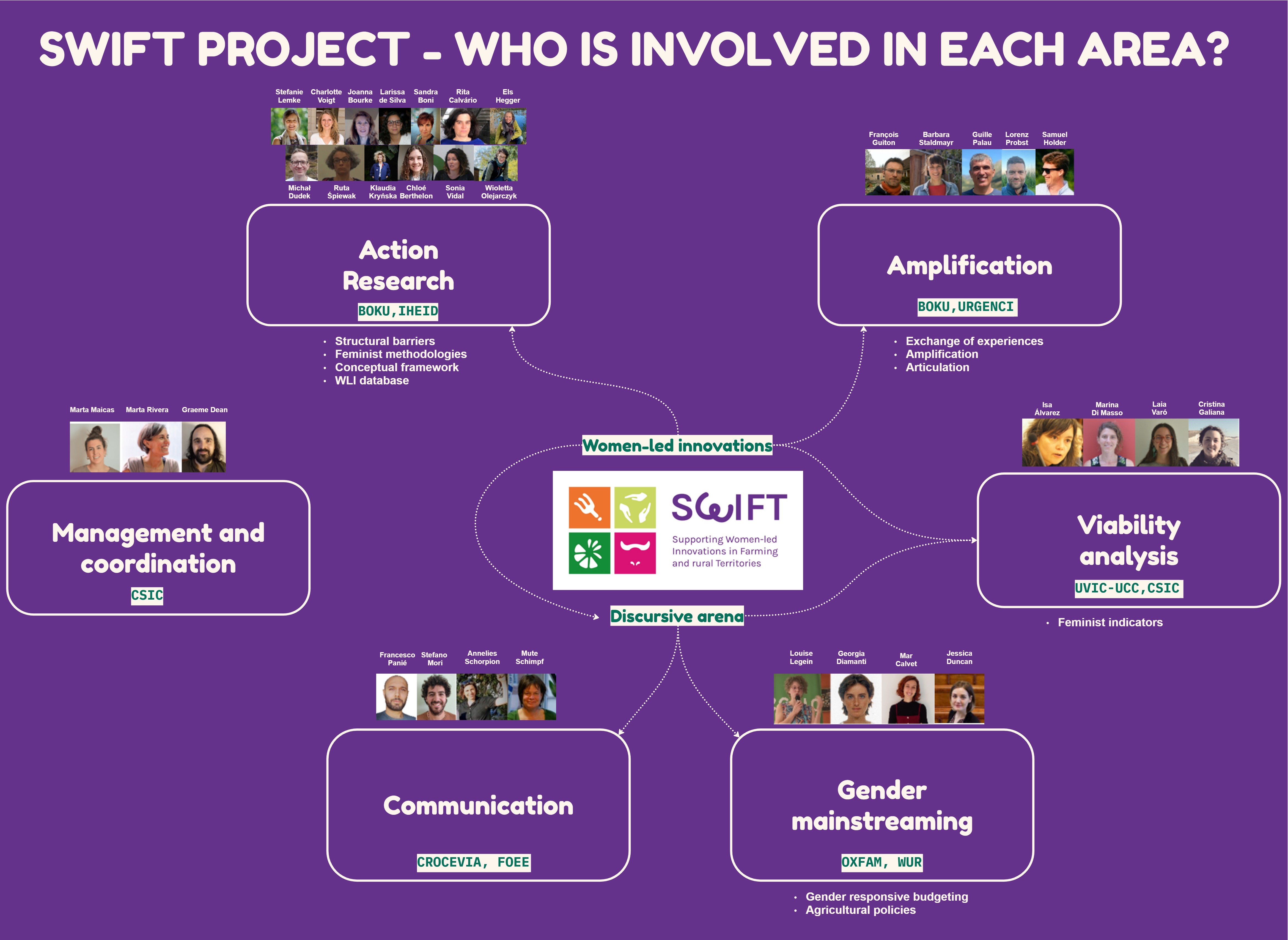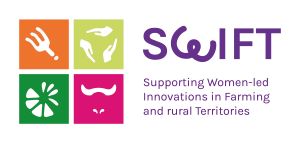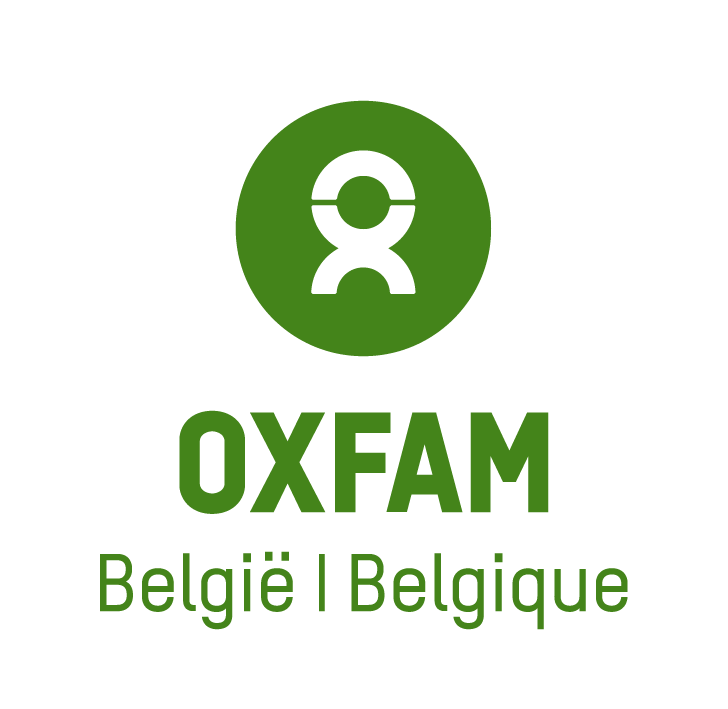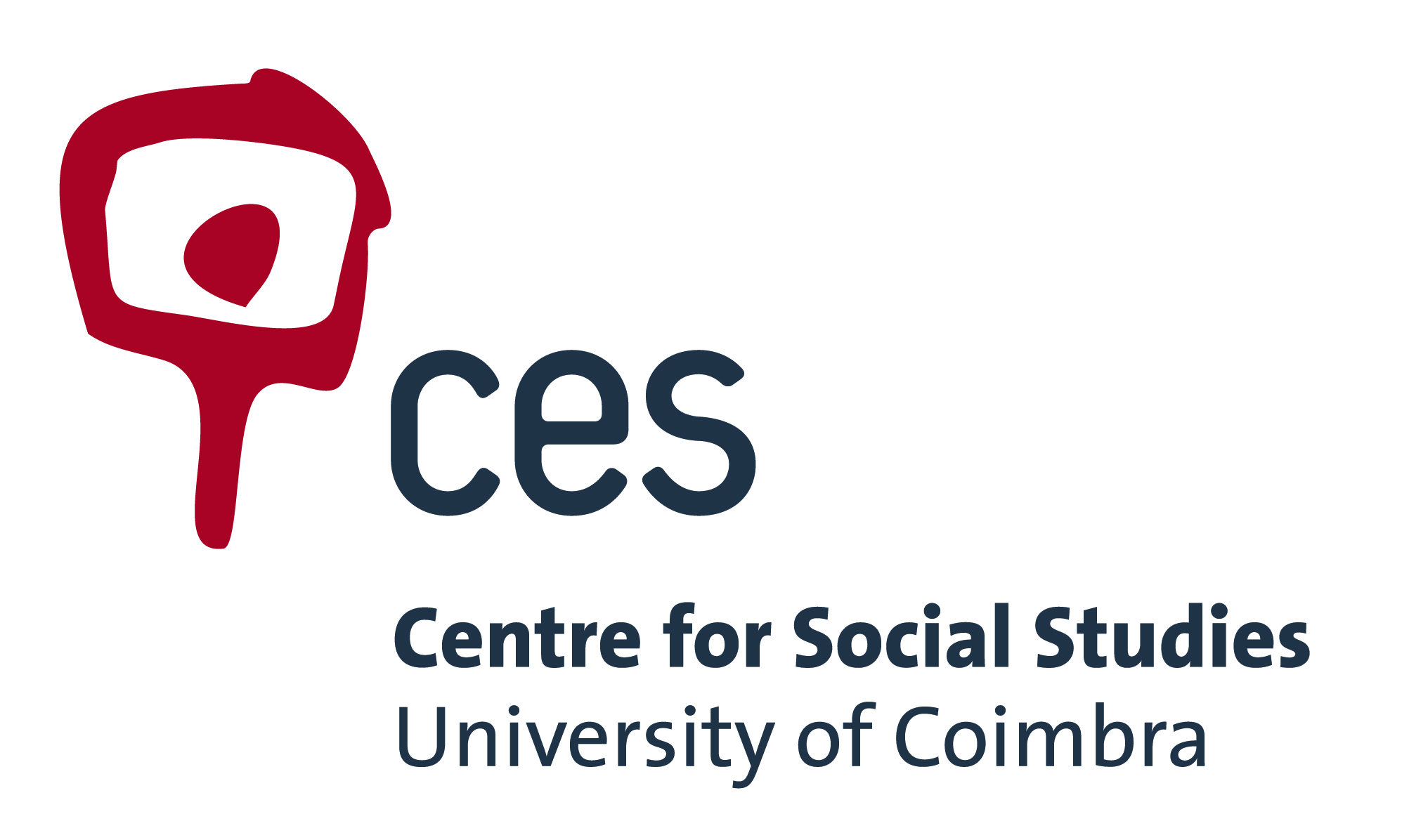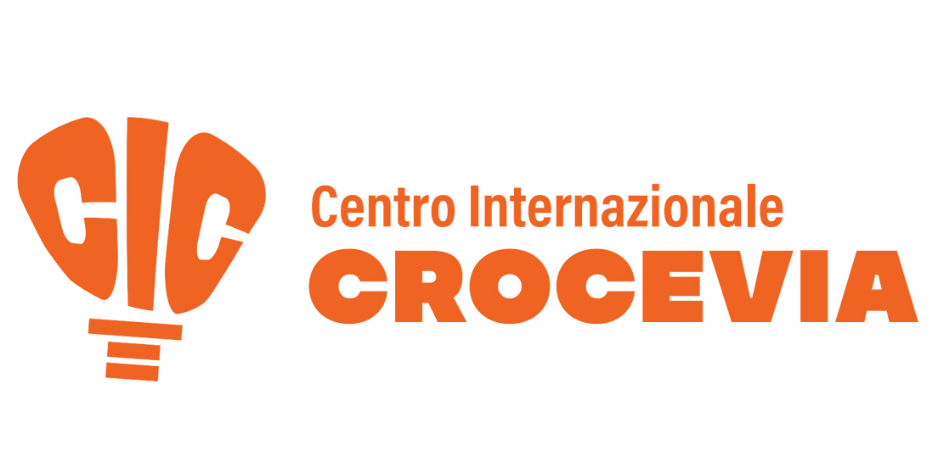Project partners
SWIFT has 14 partners from nine countries across Europe:
 Agencia Estatal Consejo Superior de Investigaciones Científicas (CSIC)
Agencia Estatal Consejo Superior de Investigaciones Científicas (CSIC)
Spain
www.csic.es
 INGENIO [CSIC-UPV], Institute of Innovation and Knowledge Management
INGENIO [CSIC-UPV], Institute of Innovation and Knowledge Management
Spain
www.ingenio.upv.es/es | Facebook | Twitter | LinkedIn
 Universitat Politècnica de València (Affiliated, UPV)
Universitat Politècnica de València (Affiliated, UPV)
Spain
www.upv.es | Facebook | Twitter | LinkedIn
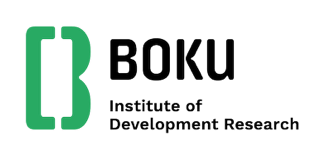 Universitaet fuer Bodenkultur Wien (BOKU)
Universitaet fuer Bodenkultur Wien (BOKU)
Austria
boku.ac.at/ | Facebook | Twitter | LinkedIn
The Netherlands
www.wur.nl| Facebook | Twitter | LinkedIn
 Réseau International Urgenci (URG)
Réseau International Urgenci (URG)
France
urgenci.net | Facebook | Twitter
European Coordination Via Campesina (ECVC)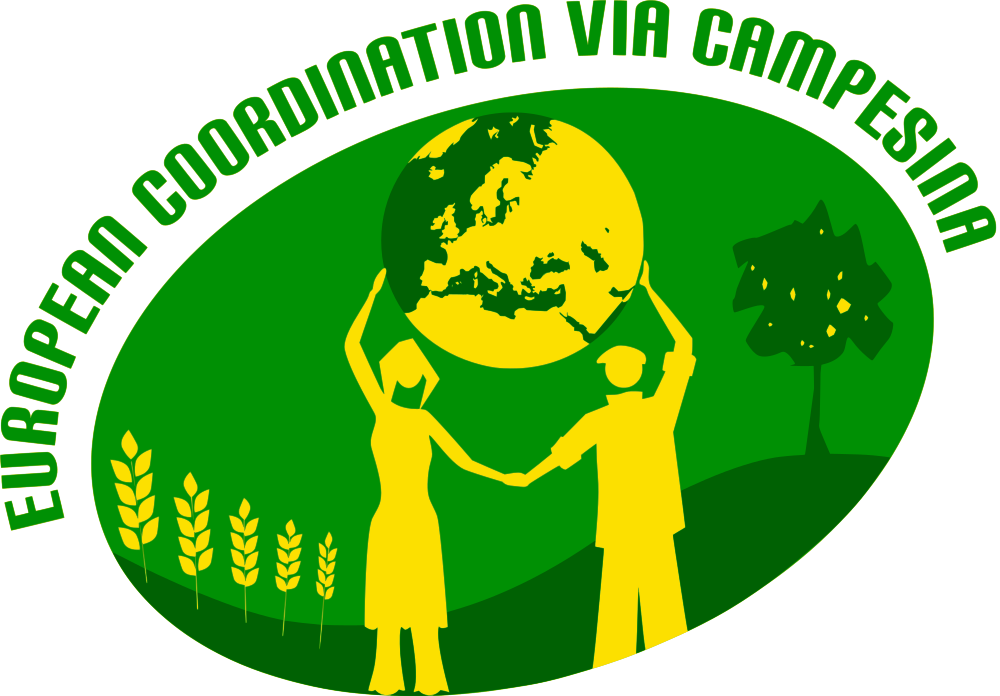
Belgium
www.eurovia.org | Facebook | Twitter
Oxfam Solidarité – Oxfam Solidariteit (OXFAM)
Belgium
oxfambelgie.be | Facebook | Twitter | LinkedIn |Instagram
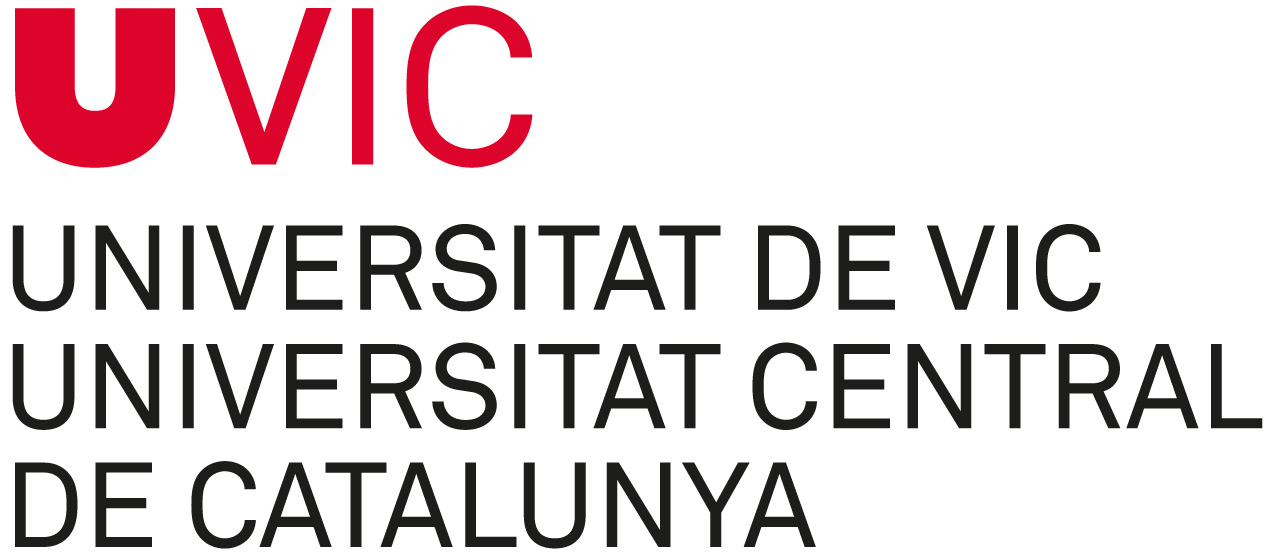 Fundació Universitaria Balmes (UVIC)
Fundació Universitaria Balmes (UVIC)
Spain
www.uvic.cat | Facebook | Twitter | LinkedIn |Instagram
![]() Institute of Rural and Agricultural Development (IRWIR)
Institute of Rural and Agricultural Development (IRWIR)
Poland – www.irwirpan.waw.pl | Facebook | Twitter | LinkedIn |Instagram
Centro de Estudos Sociais Universidade de Coimbra (CES)
Portugal
www.ces.uc.pt | Facebook | Twitter | Instagram
Centro Internazionale Crocevia Onlus (CIC)
Italy
www.croceviaterra.it | Facebook | Twitter | Instagram
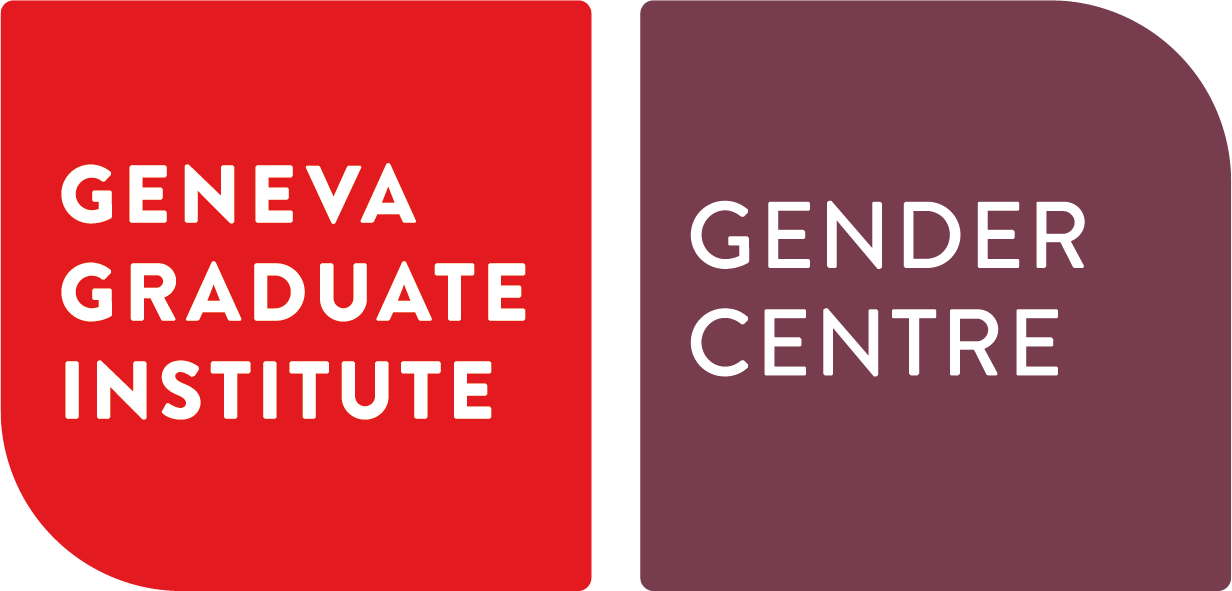 Gender Centre, Graduate Institute for International and Development Studies, Geneva (IHEID)
Gender Centre, Graduate Institute for International and Development Studies, Geneva (IHEID)
Switzerland
www.graduateinstitute.ch | Twitter
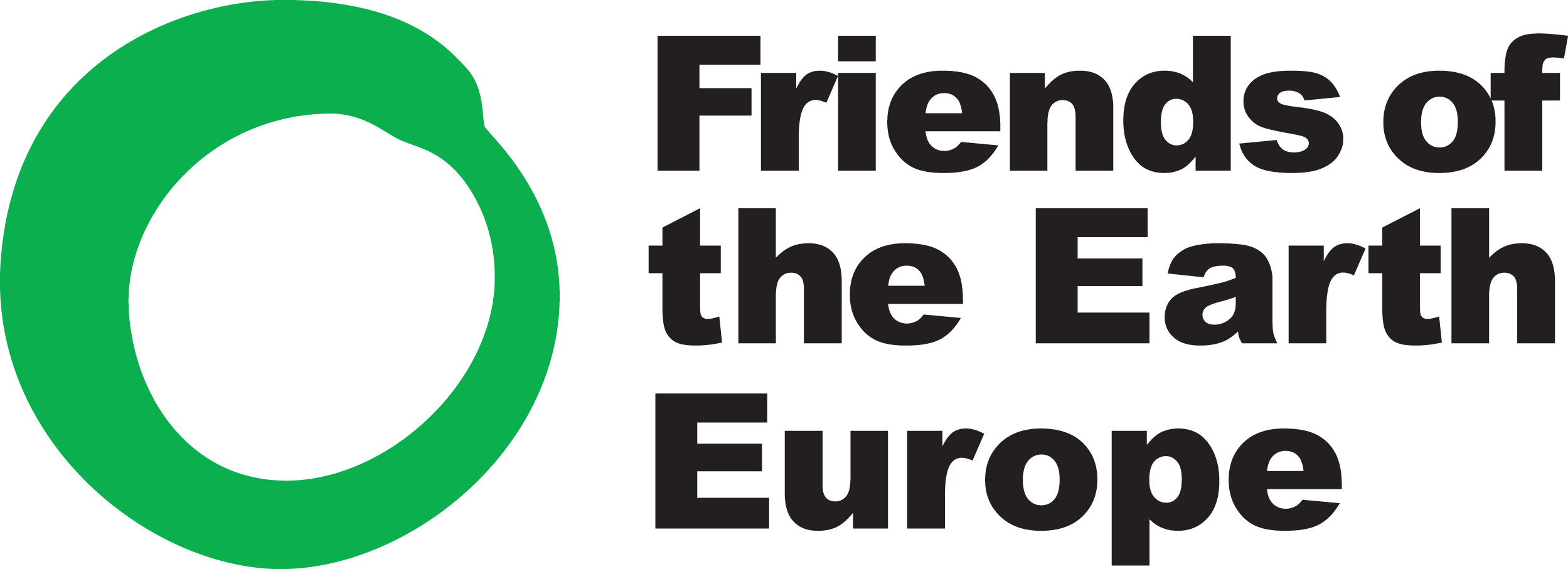 Friends of the Earth Europe (FoEE)
Friends of the Earth Europe (FoEE)
Belgium
friendsoftheearth.eu | Twitter | LinkedIn
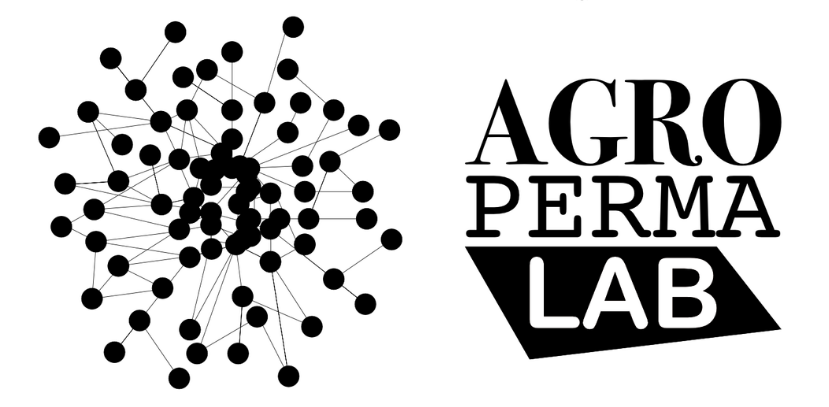 AGROPERMALAB
AGROPERMALAB
Poland
agropermalab.org
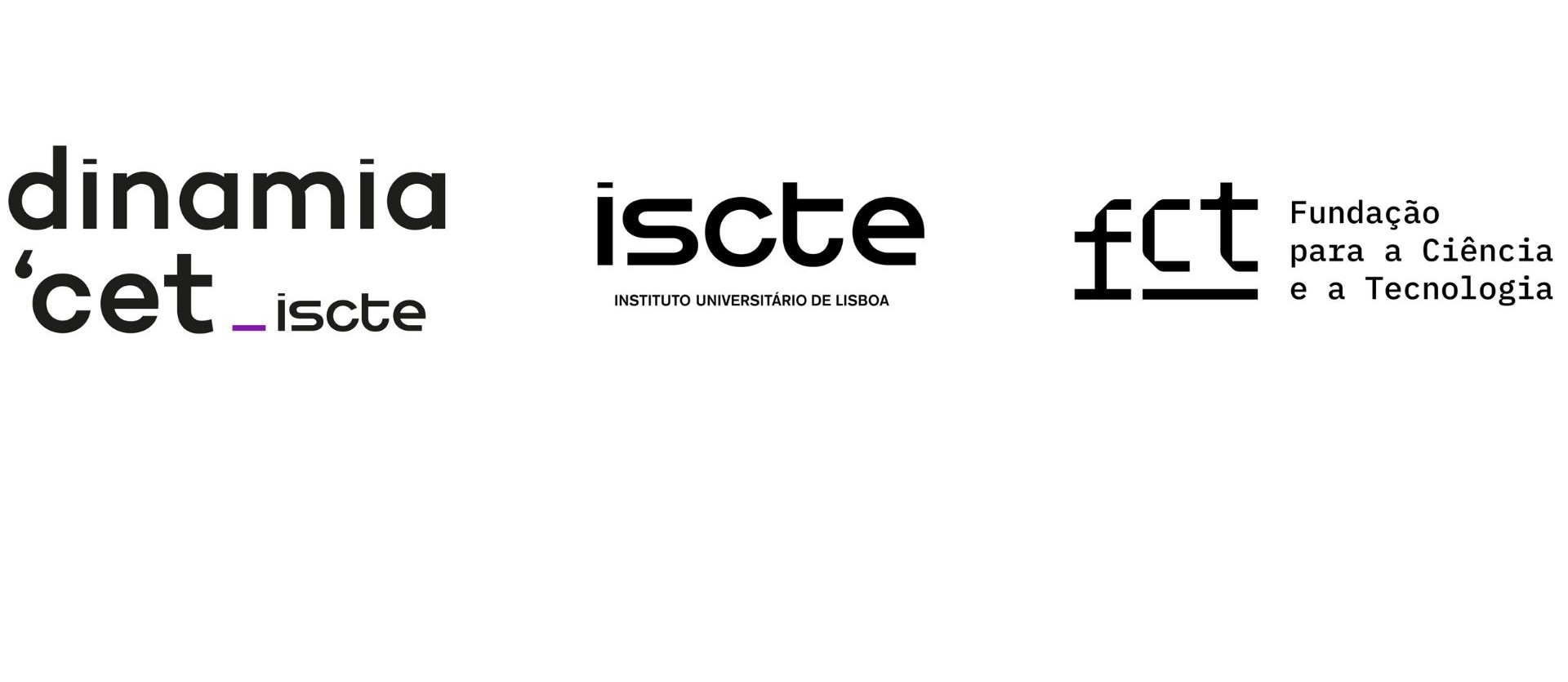
Instituto Universitario de Lisboa
Portugal
https://www.iscte-iul.pt
Plus: SWIFT engages with 18 Women-Led Initiatives across 12 countries, distributed across Europe, but also 5 WLI in Brazil and USA.
Who is part of each Work Package in SWIFT?
The SWIFT project is organized into six distinct areas of work, referred to as work packages (WPs) in European project terminology. Each WP has a specific focus and objectives, contributing to the overall goals of the SWIFT project.. While WPs 1 and 6 handle coordination and external communication, respectively, WPs 2-3 center around Women-Led Innovations (WLIs), analyzing and reinforcing their processes. On the other hand, WPs 4-5 aim to instigate structural and narrative changes at the political level. While all WPs work collaboratively, some individuals and institutions actively participate across multiple WPs. The division into WPs is primarily for organizational purposes, aiming to facilitate coordination. However, the overarching goal is to integrate methodologies and approaches across the entire project.
